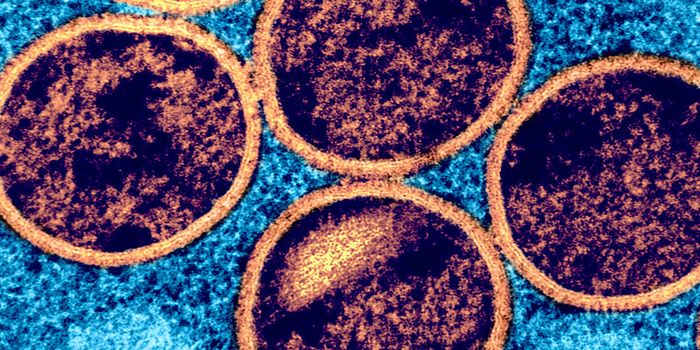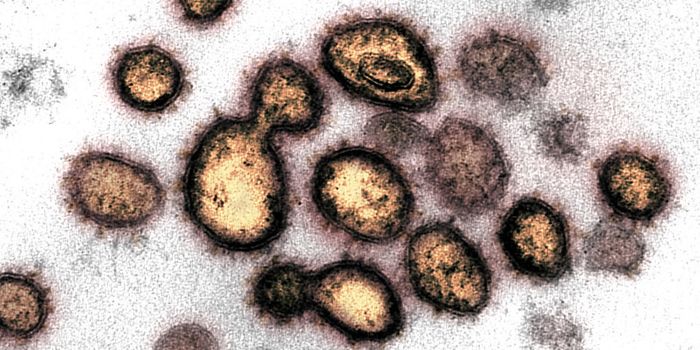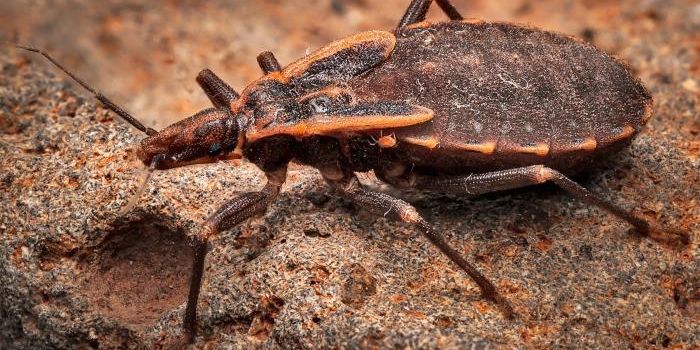Why Did the COVID-19 Lab Leak Theory Suddenly Gain Traction?
Since the onset of the COVID-19 pandemic, there has been little doubt that the virus emerged somewhere in or around Wuhan, China. There is also a virology research facility there, where scientists have long been studying zoonotic viruses; the team there determined where SARS-CoV-1 originated, for example. Researchers at the Wuhan Institute of Virology have long and vehemently denied that they had any experience with SARS-CoV-2 prior to it infecting humans and causing the Wuhan epidemic that led to the global pandemic.
However, the Chinese government, unfortunately, does not have a good reputation among the international community for transparency, which has been repeated now with the revelation that several scientists at the Wuhan Institute of Virology got sick in November 2019. That newly-revealed information has led to serious concern that officials have not been open enough with investigators that are seeking to determine how the virus came to infect humans.
A group of experts wrote an opinion piece in Science earlier this month stressing the need for transparency. They acknowledged how far the scientific community has come in learning more about this virus. They also wrote that we still have to find out exactly where the virus came from and that "Theories of accidental release from a lab and zoonotic spillover both remain viable." They warned that we must be prepared for future disease outbreaks and that such preparation requires knowing how COVID-19 emerged.
The prevailing hypothesis still suggests that bats were the original carriers of SARS-CoV-2, and they transmitted it or a version of it directly to a person, or another intermediate species like a pangolin, and then a person. Zoonotic viruses are not unusual. Humanity has dealt with a host of them, and new ones continue to arise all the time. East Asia and the South Pacific is also a location where viruses have tended to jump from animals to humans - many epidemic viruses have emerged there, though they tend to come out of subtropical regions.
The United States has funded research in that region, and specifically at the Wuhan Institute of Virology because that's such a practical approach (though pressure led to the withdraw of that funding). "You don't want to study bats in Fairfax County, Virginia, to find out what the animal-human interface is that might lead to a jumping of species," said Dr. Anthony Fauci, the director of the National Institute of Allergy and Infectious Diseases. He added that the US had to go "where the action is."
Scientists have also said that we don't yet know enough about viruses to efficiently engineer one. Stanley Perlman, M.D., Ph.D., a professor of microbiology and immunology and pediatric infectious diseases at the University of Iowa in Iowa City has commented that creating a virus in a laboratory from scratch would be "virtually impossible. I don't think we know enough about coronaviruses—or any virus—to be able to deliberately make a virus for release."
But it may now be a legitimate concern that there was a sample of a form of SARS-CoV-2 in a lab, and in a biosafety failure, it maybe came into contact with a person - there is still no evidence to conclude that happened, however. Intelligence communities around the world, including in the United States, are now tasked with trying to learn more about whether the lab-leak theory has validity.
It should be added that at the conclusion of the piece in Science, the authors wrote that "Finally, in this time of unfortunate anti-Asian sentiment in some countries, we note that at the beginning of the pandemic, it was Chinese doctors, scientists, journalists, and citizens who shared with the world crucial information about the spread of the virus—often at great personal cost. We should show the same determination in promoting a dispassionate science-based discourse on this difficult but important issue."
China also did not direct the worldwide response to the pandemic, which has been recently characterized as a "series of failures."
Sources: Science, CNN, Centers for Disease Control and Prevention









